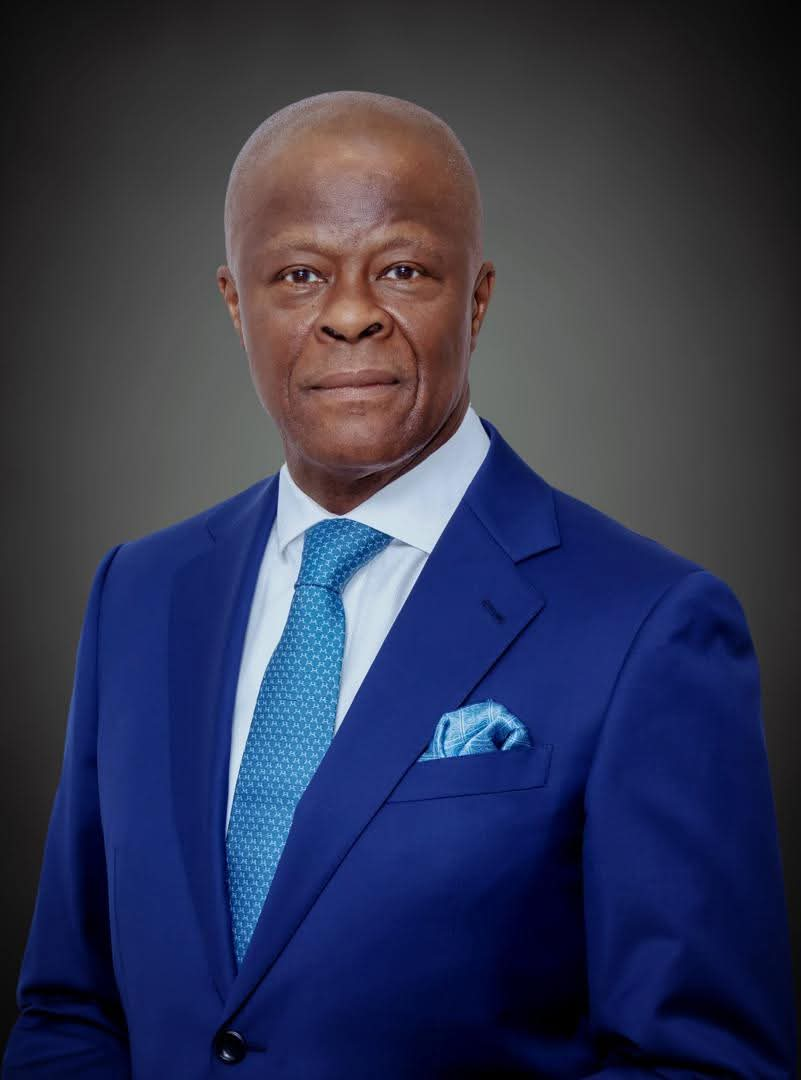FG Clarifies 2024–2026 External Borrowing Plan, Assures Debt Sustainability

Katsina TIMES | Abuja, Nigeria – May 28, 2025 —
The Federal Government has provided further clarification regarding President Bola Ahmed Tinubu’s formal request to the National Assembly for approval of the 2024–2026 External Borrowing Rolling Plan, describing it as a strategic fiscal measure aimed at enhancing long-term economic growth without immediately increasing the nation’s debt burden.
According to a statement signed by Mohammed Manga, Director of Information and Public Relations, the borrowing plan is a key component of the Medium-Term Expenditure Framework (MTEF), prepared in line with the Fiscal Responsibility Act of 2007 and the DMO Act of 2003. It is designed to streamline financial planning for both federal and sub-national governments over a three-year period, with detailed appendices outlining project scopes, implementation timelines, and financing terms.
“The borrowing plan does not translate to immediate or automatic debt. Actual borrowings are reflected in the annual budget,” the statement said, noting that $1.23 billion in external borrowing is earmarked in the 2025 budget but has not yet been drawn down. The funding is scheduled for the second half of the year.
The rolling plan spans multiple states, including Abia, Bauchi, Borno, Gombe, Kaduna, Lagos, Niger, Oyo, Sokoto, and Yobe, and supports projects in critical sectors such as power, transportation, agriculture, telecommunications, and national security. Many of the loans are long-term and tied to specific development projects, with drawdowns spanning five to seven years.
Most of the funds will be sourced from development partners including the World Bank, African Development Bank, French Development Agency, European Investment Bank, JICA, China EximBank, and the Islamic Development Bank. These partners offer concessional financing with low-interest rates and extended repayment periods.
The government also highlighted improvements in fiscal indicators, particularly the decline in the debt service-to-revenue ratio from its 2023 peak of over 90%. It attributed this to the cessation of inflationary borrowing practices and enhanced revenue collection efforts through the Nigerian National Petroleum Corporation (NNPC), Government-Owned Enterprises (GOEs), and technology-enabled monitoring tools.
“Having achieved a fair degree of macroeconomic stability, the government is now focused on rapid and inclusive growth, which requires significant investment in infrastructure and key sectors,” the statement added. “Borrowing decisions are guided not just by the amount, but by the sustainability and economic value of the projects they finance.”
The government reaffirmed its commitment to maintaining borrowing within sustainable limits under the DMO Debt Sustainability Framework, while also pursuing ongoing tax reforms and revenue enhancement initiatives.
It concluded by underscoring the importance of public accountability and legislative oversight in ensuring transparency and fostering national prosperity.

